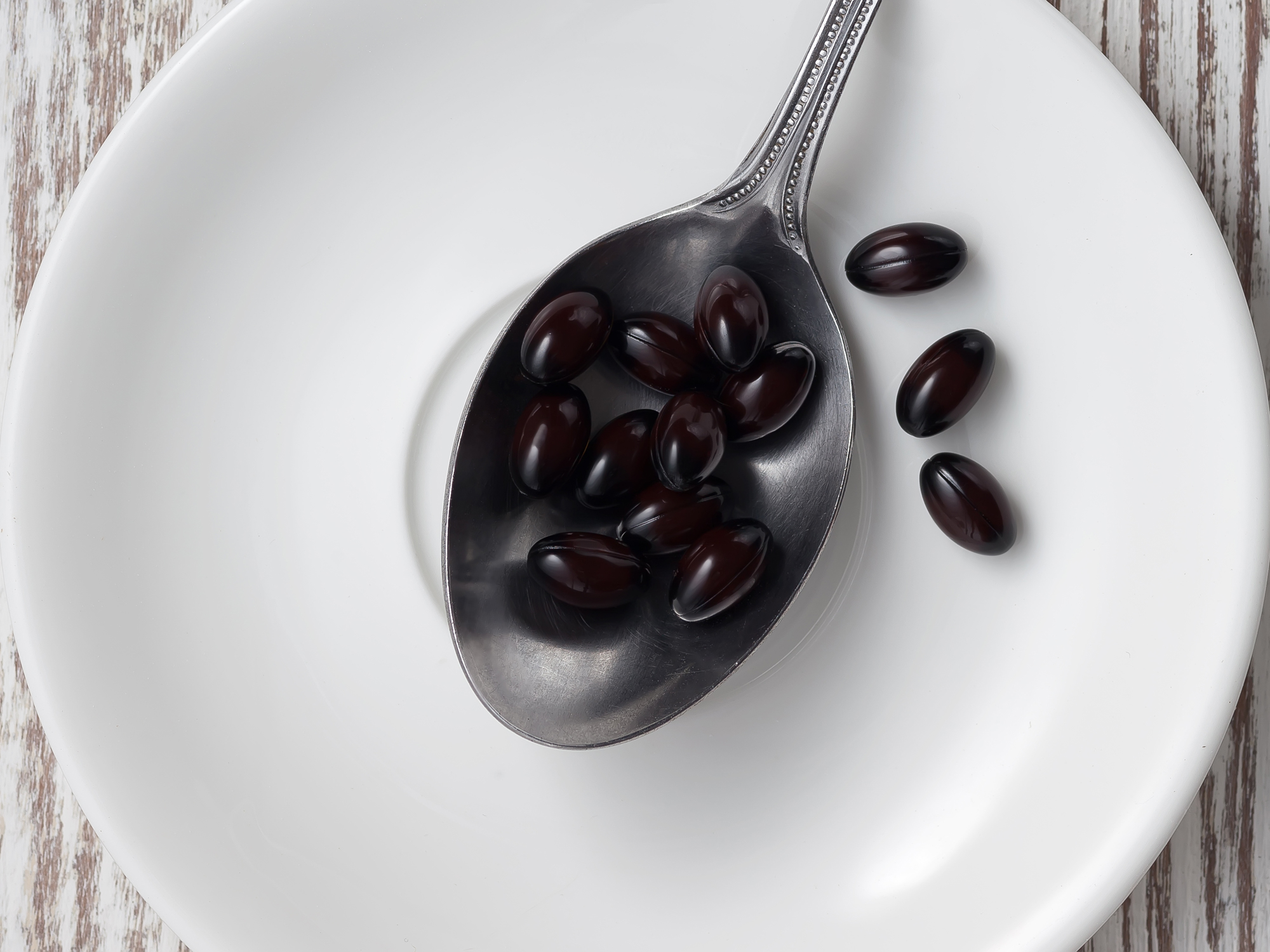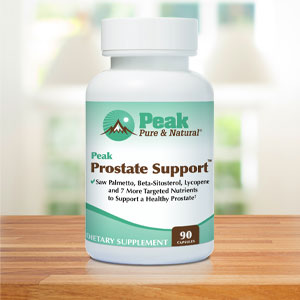Get Easy Health Digest™ in your inbox and don’t miss a thing when you subscribe today. Plus, get the free bonus report, Mother Nature’s Tips, Tricks and Remedies for Cholesterol, Blood Pressure & Blood Sugar as my way of saying welcome to the community!
How astaxanthin improves exercise performance, recovery and strength

Whether you’re a weekend warrior or a more seasoned athlete, you probably share a few common characteristics: you want to reap the best health benefits from your workout, and you’d like to experience improvement in muscle strength and tone.
The ingredients to help achieve these goals include healthy nutrition, a high level of dedication, and a little help from supplements. One of those supplements is astaxanthin.
What is astaxanthin?
When you think of improving exercise performance, recovery, and strength, supplements that often come to mind include creatine, carnitine, amino acids, fish oil, and protein powders. While all of these products can definitely be helpful, astaxanthin is an especially potent antioxidant that brings several special properties to the table — or the gym, road, and field.
Astaxanthin is a deep red, fat-soluble pigment that is found widely throughout nature. It’s the reason for the pink hue of shrimp, lobster and salmon. Astaxanthin is identified as a carotenoid, which places it in a group it shares with beta-carotene, lutein, lycopene, and about 600 other members.
How can astaxanthin improve exercise?
Athletes at any level want a reliable source of energy to perform at their peak, and astaxanthin can help ensure that supply. One challenge is that when we work our muscles hard, cell-damaging substances called free radicals are produced. When the level of free radicals becomes excessive and the body is unable to keep up and detoxify or eliminate these cell-damaging substances, you are in a state of oxidative stress. As an athlete, you can experience inflammation as well as muscle fatigue, pain, and weakness.
The use of astaxanthin can facilitate recovery from exercise by protecting the body from the overproduction of free radicals, inhibiting the production of excess lactic acid in the muscles, lessening fatigue, and improving muscle strength.
One way it does this is by assisting organelles called mitochondria, which are the energy powerhouses located in our cells. For optimal energy and performance, both in the gym and out, you want your mitochondria to operate at their best. Taking astaxanthin can help reduce inflammation, which supports improved mitochondrial function, as well as providing antioxidant support to ward off free radical damage.
What do the astaxanthin studies say?
Numerous studies support the use of astaxanthin for improved exercise performance, recovery, and strength.
For example, a group of 40 trained male soccer players was randomly assigned to take either 4 mg astaxanthin or a placebo for 90 days. At the end of the study, those who had taken the supplement showed a significant reduction in inflammatory response to exercise, as well as a reduction in muscle damage, when compared with men who had taken the placebo.
If you’re looking to improve strength while exercising, astaxanthin can also help. In a double-blind, placebo-controlled study of 40 healthy paramedic students, half took astaxanthin supplements (4 mg) and half took a placebo daily for six months.
When the participants were tested for fitness, strength, and endurance using standard exercises, those who had taken astaxanthin showed a threefold improvement in strength/endurance over those who took the placebo.
This finding caused the authors to conclude “that supplementation of astaxanthin is effective for the improvement of strength endurance that may lead to sports performance.”
If you’re also not recovering fast enough after your workout sessions, research has shown that astaxanthin supplements can help. For example, a study involving 19 healthy subjects showed that taking astaxanthin supplements (5 mg daily) for two weeks, compared to a placebo, resulted in increased antioxidant and anti-fatigue levels, as well as improvements in metabolism and respiratory-circulatory function.
The volunteers also experienced a significant reduction in bad (low-density lipoprotein, LDL) cholesterol levels and an increase in creatine phosphokinase concentration. All of these findings supported a more rapid recovery from exercise.
How do you use astaxanthin?
The optimal dose of natural astaxanthin supplements can range from 4 to 12 mg daily. That’s because not everyone absorbs this potent antioxidant in the same way. You can discuss your dosing options with your healthcare provider or start with a low dose and gradually increase it based on how you respond.
Whatever dose you choose, always take the supplement with a meal or snack that contains healthy fats, such as avocado, salmon, or coconut oil. You can also choose an astaxanthin supplement. Astaxanthin is better absorbed when ingested with fat.
Finally, be sure to choose natural astaxanthin supplements. Synthetic astaxanthin is made from petrochemicals.
Editor’s note: Did you know that when you take your body from acid to alkaline you can boost your energy, lose weight, soothe digestion, avoid illness and achieve wellness? Click here to discover The Alkaline Secret to Ultimate Vitality and revive your life today!
Sources:
- Akira N et al. “Effects of astaxanthin on recovery from whole fatigue with three stepwise exercises.” — Hiro to Kyuyo no Kagaku 2003; 18(1): 35-46
- Baralic I et al. “Effect of astaxanthin supplementation on salivary IgA, oxidative stress, and inflammation in young soccer players.” — Evidence Based Complementary and Alternative Medicine 2015; 2015:783761
- Malmsten CL, Lingell A. “Dietary supplementation with astaxanthin-rich algal meal improves strength endurance—a double blind placebo controlled study on male students.” — Carotenoid Science 2008 (13)















